Free University of Berlin
Quantum Many-Body Theory, Quantum Information Theory, and Quantum Optics Research Group
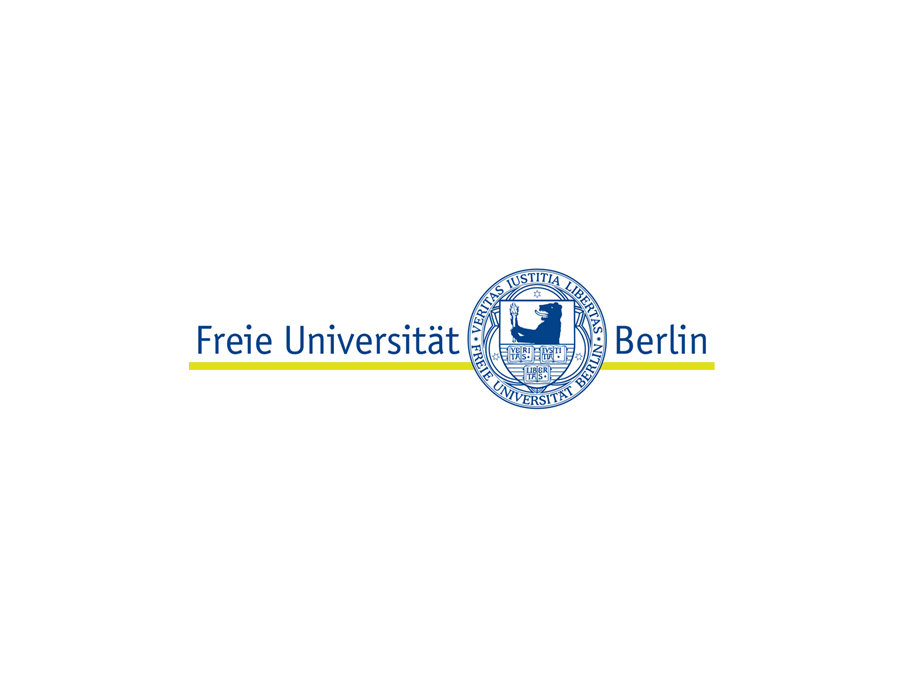

Role in the consortium
This theoretical project supports experimental efforts in a number of ways. It sets out to develop protocols for certifying the functioning of schemes, including notions of Hamiltonian learning. It contributes ideas of quantum error mitigation and correction. It contributes to identifying optimal protocols. Finally, it assesses the potential for reaching a quantum advantage with cold atomic platforms.
What are the goals?
- A goal is to develop tools for certifying the correctness of quantum simulations by means of analog randomized benchmarking and Hamiltonian and Liouvillian learning.
- A complementing goal is to develop new protocols for physics non-agnostic quantum error correction tailored to the physical system at hand.
- An overarching goal is to see how and in what sense quantum advantages can possibly be achieved.
How do we plan to achieve that?
We plan to achieve these goals by bringing together a portfolio of the theory and quantum optics of cold atomic quantum gases, of quantum systems identification, of signal processing, machine learning, complexity theory and the theory of quantum error correction.
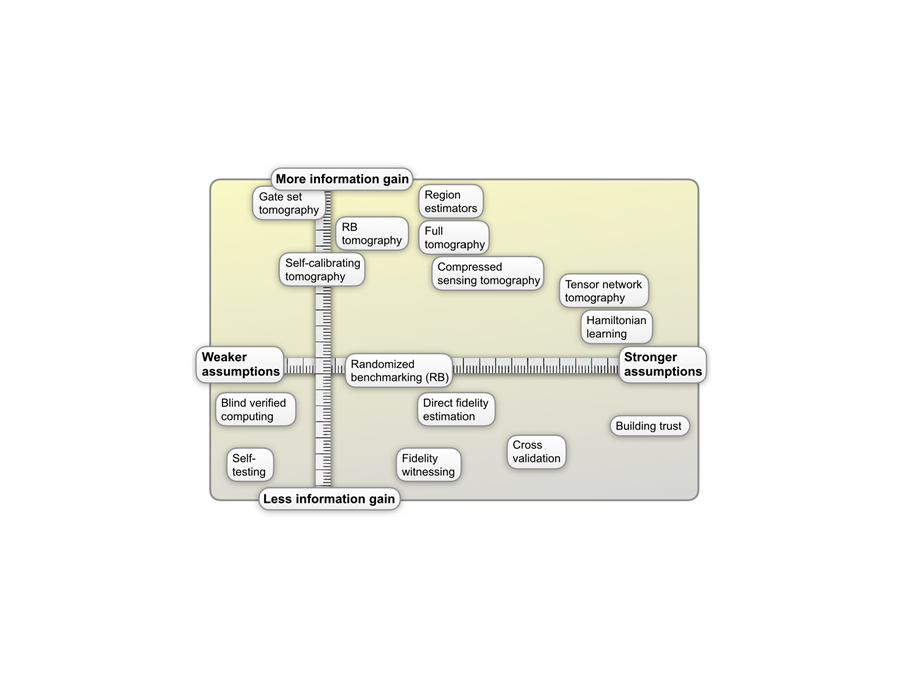
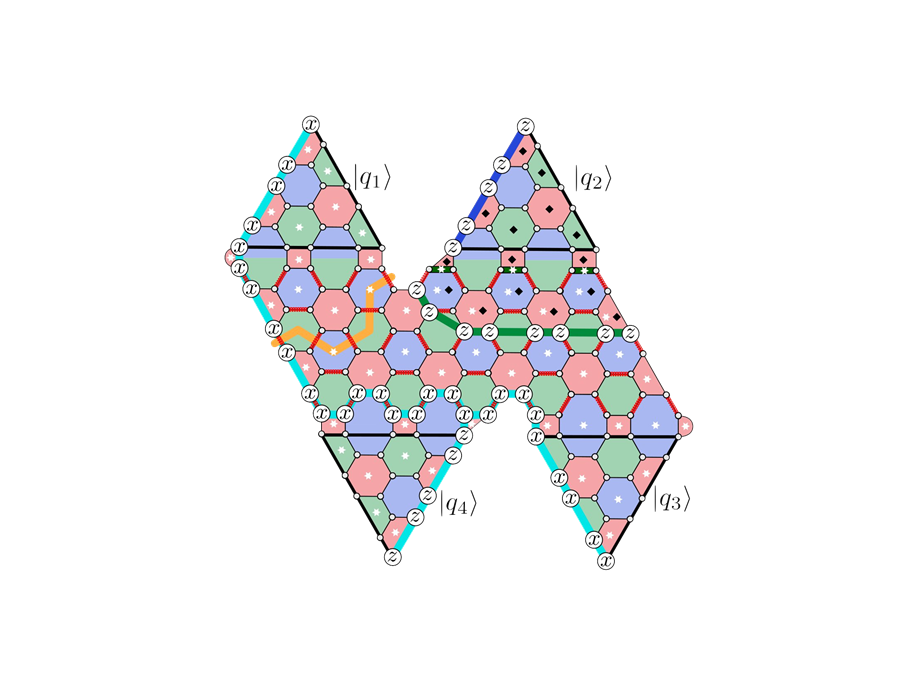
An overview over certification and validation schemes
Color-codes allow for resource economical quantum error correction
Open positions
If you are excited about quantum computing with neutral atoms and would like to develop cutting-edge technology – join us! We are hiring:
- An outstanding theoretical physics PhD student with experience in atomic physics, laser optics, and electronics.
Here you can find more information about the job opportunities.
Team
FUB partner brings in expertise in the study of cold atomic quantum many-body systems and of notions of quantum computing. Specifically important for the project is our strong background in notions of quantum systems identification, benchmarking and certification on the one hand and of quantum error mitigation and correction on the other. Expertise in protocol design is also relevant for the project when it comes to developing new schemes for quantum computing. The group often brings in highly conceptual work. At the same time, the team has a long-standing track record of successfully working and publishing with leading experimental groups.
Prof. Dr. Jens Eisert
Principal investigator
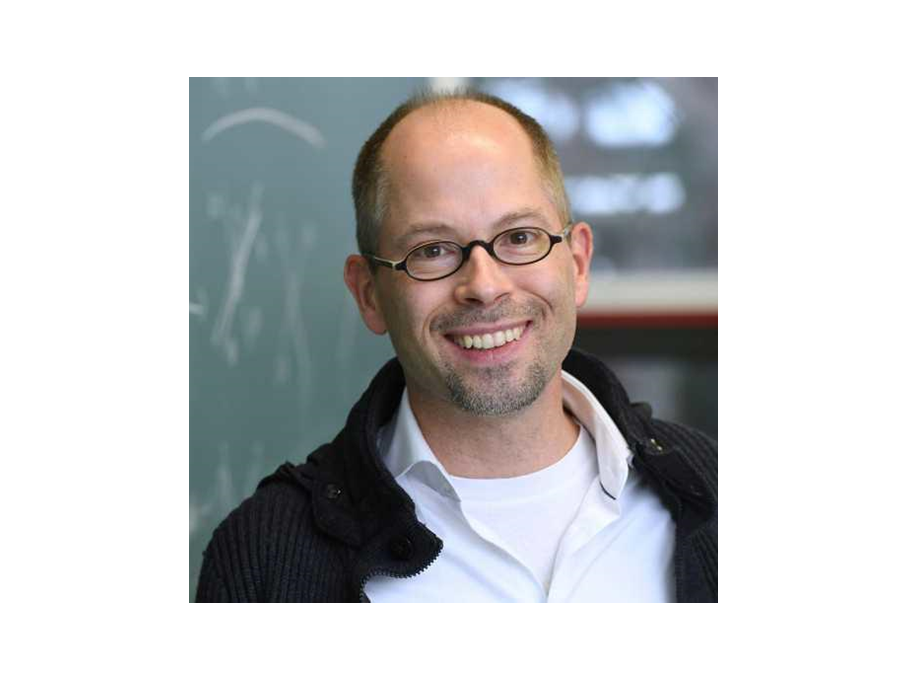
Team leader, research background in quantum information and quantum many-body theory. Click on the link for more information.
Dr. Carlos Bravo-Prieto
Postdoctoral researcher
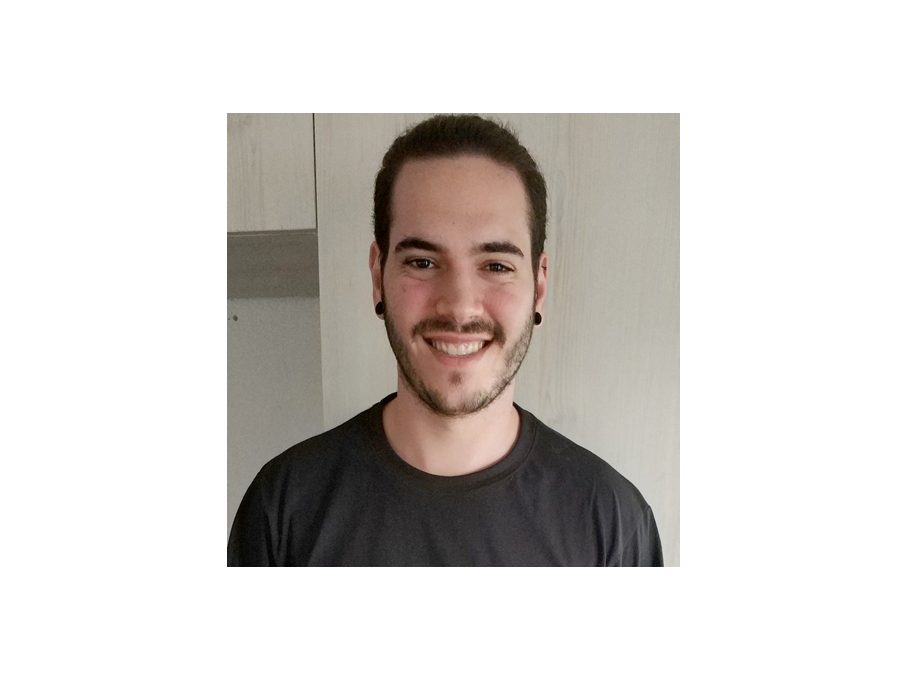
Postdoctoral researcher, background in near-term quantum computing and quantum simulation.
Dr. Philipp Schmoll
Postdoctoral Researcher
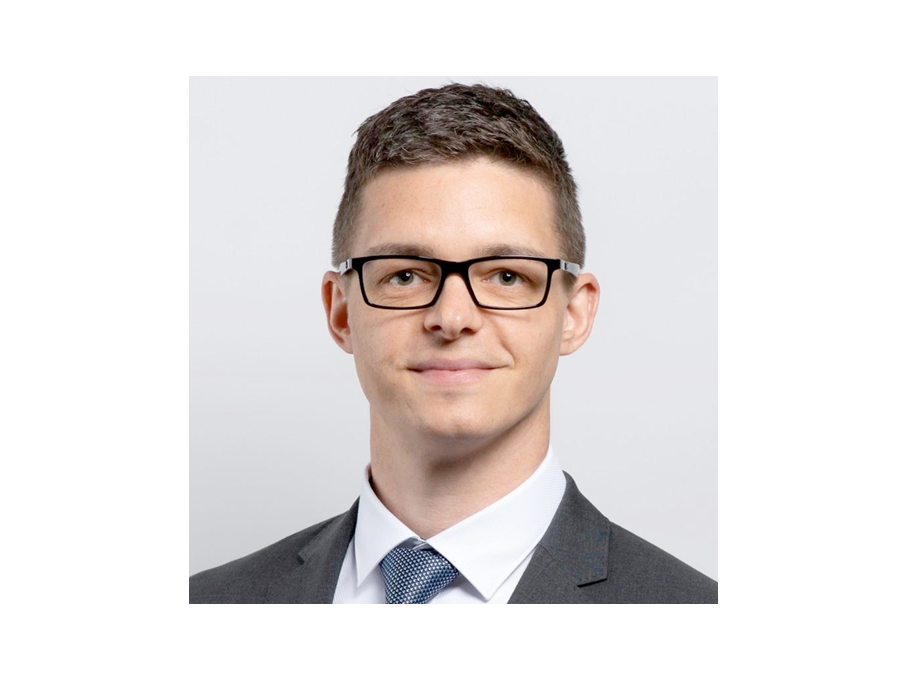
Postdoctoral researcher with background in quantum many-body theory and tensor networks
Contact persons
Scientific questions:
Prof. Dr. Jens Eisert jense(at)zedat.fu-berlin.de
Dr. Jan Felix Witte felixwitte(at)zedat.fu-berlin.de
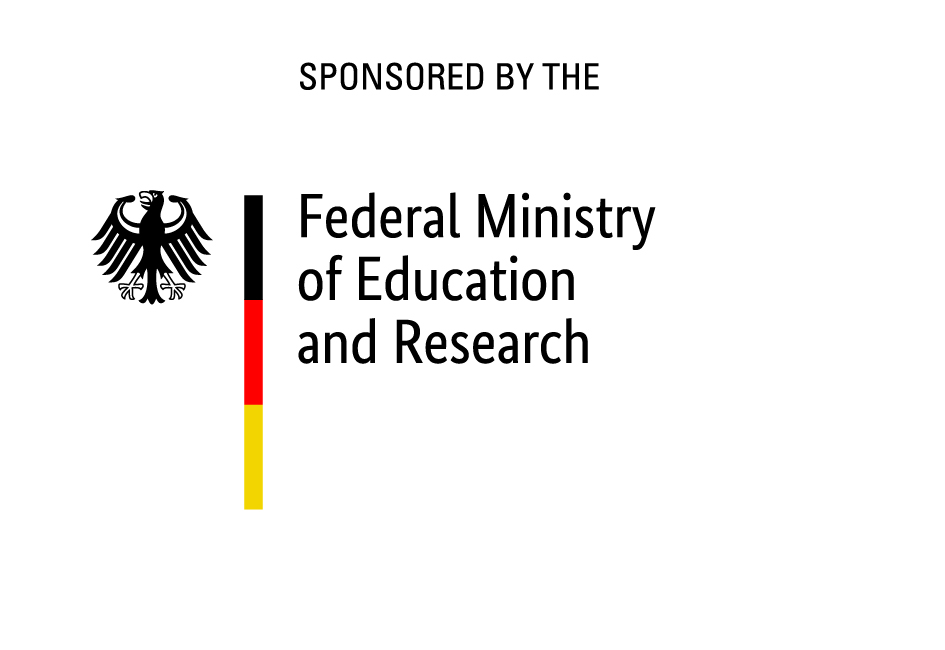
Funding acknowledgement
Sponsored by the Federal Ministry of Education and Research, grant number 13N16072